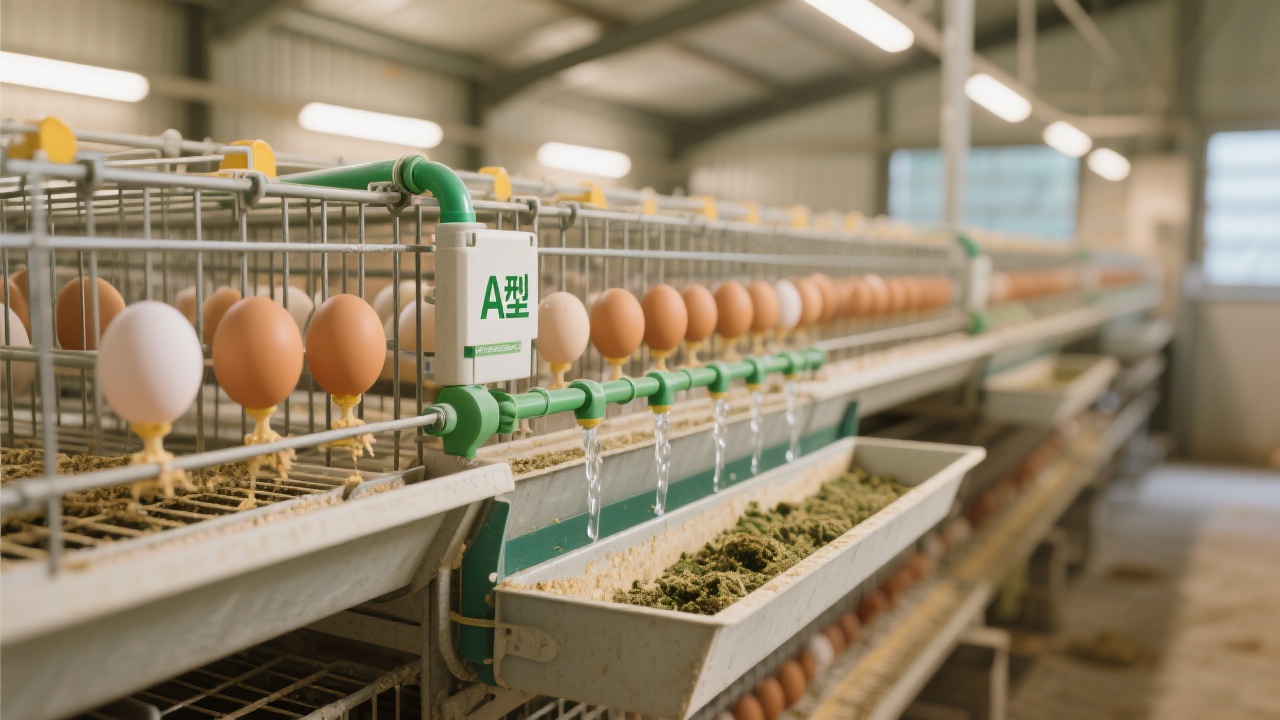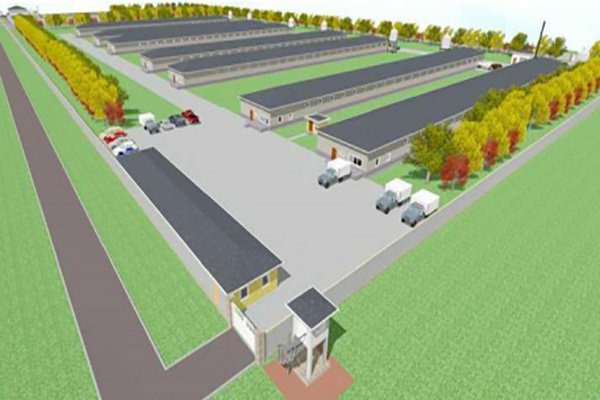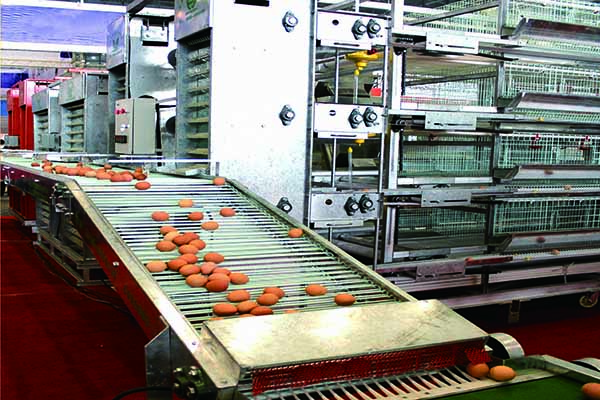
Modern poultry farming is undergoing a critical transformation where efficiency meets environmental responsibility. Automated manure removal systems integrated with advanced H-type layer cages—such as those engineered by Zhengzhou Livi Machinery—are setting new standards for sustainable egg production. These systems not only streamline waste management but also pave the way for manure resource recovery and harmless treatment, enabling commercial egg farms to achieve green certification and greater market competitiveness.
The cornerstone of sustainable layer farming lies in the ability to efficiently collect and process manure while minimizing environmental impact. The automated system’s process follows three critical steps:
| Process Stage | Key Function | Environmental Benefit |
|---|---|---|
| Centralized Manure Collection | Automated scraping collects droppings directly under cages | Prevents ammonia buildup, improves air quality |
| Dry-Wet Separation | Separates solids and liquids via mechanical dehydrators | Facilitates nutrient recovery and decreases pollution potential |
| Harmless Treatment | Composts or processes manure with temperature control technology | Eliminates pathogens, reduces greenhouse gas emissions |
This systematic approach aligns with ISO 14001 environmental management guidelines, ensuring farms meet stringent international standards for sustainable operations.
Effective ventilation and temperature regulation in egg layer houses directly influence hen health and productivity. Zhengzhou Livi’s H-type cages incorporate aeration designs paired with automated temperature control systems to maintain:
By integrating sensors and automated controls, poultry houses create an environment where hens thrive naturally, leading to a 5–10% increase in egg production rates and reduced mortality.

A commercial layer farm in Henan Province adopted Zhengzhou Livi’s full automated manure removal system combined with the H-type cage ventilation solution. Over a year-long certification process, the farm documented:
| Metric | Before Implementation | After Implementation | Impact |
|---|---|---|---|
| NH3 Concentration (ppm) | 20–25 | ≤10 | Reduced respiratory issues by >40% |
| Manure Waste Recycling Rate | ~60% | >90% | Enhanced organic fertilizer output |
| Egg Production (eggs/hen/year) | 265 | 280 | 5.7% increase in yield |

With the tightening of environmental regulations globally, especially in China and Europe, continuous optimization of manure handling systems becomes essential. Farms are recommended to:
Expert Tip: Regular maintenance of automated scraper mechanisms reduces downtime by up to 15%, ensuring consistent manure removal and stable environmental conditions.

Integrating these technologies creates a robust green farming framework that upholds environmental compliance, supports hen welfare, and strengthens a farm’s export potential by meeting international quality certifications.
Discover How Automated Manure Systems Can Elevate Your Egg Production Efficiency & Sustainability

